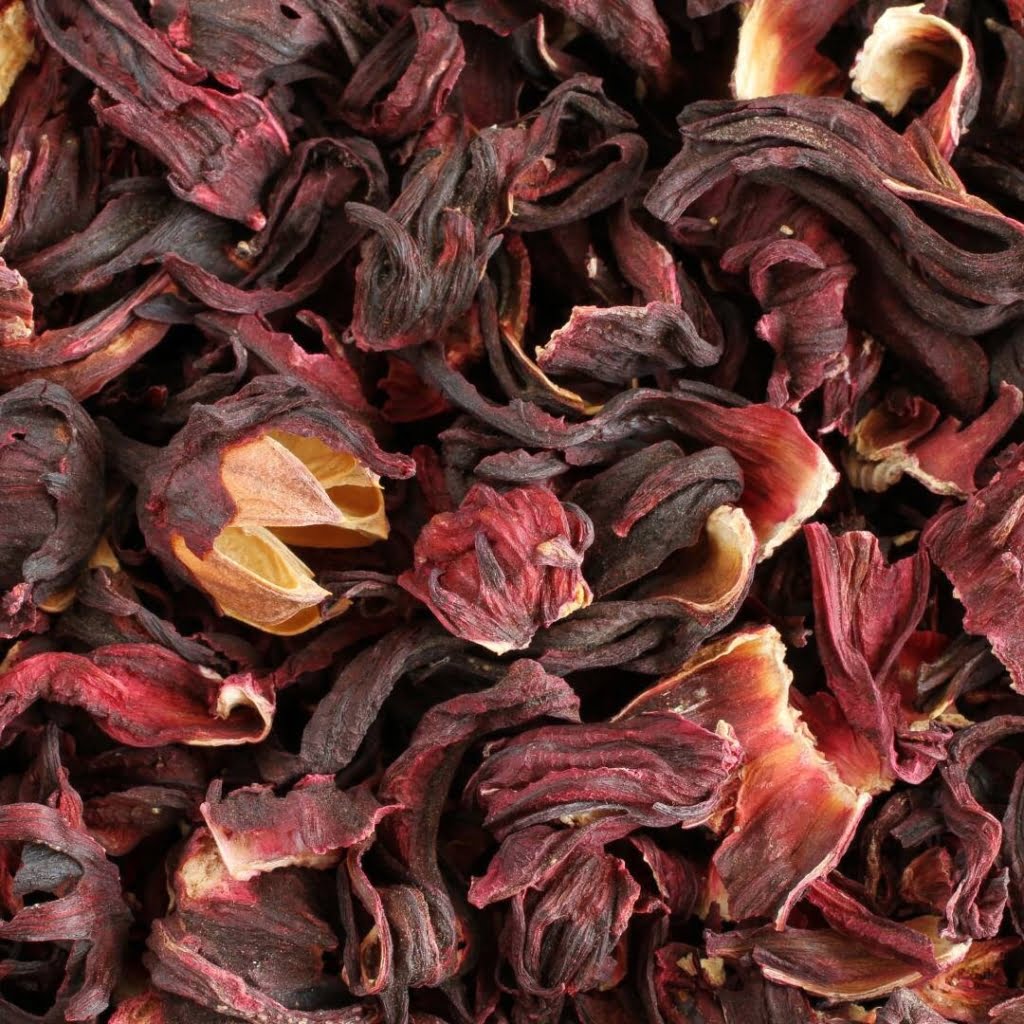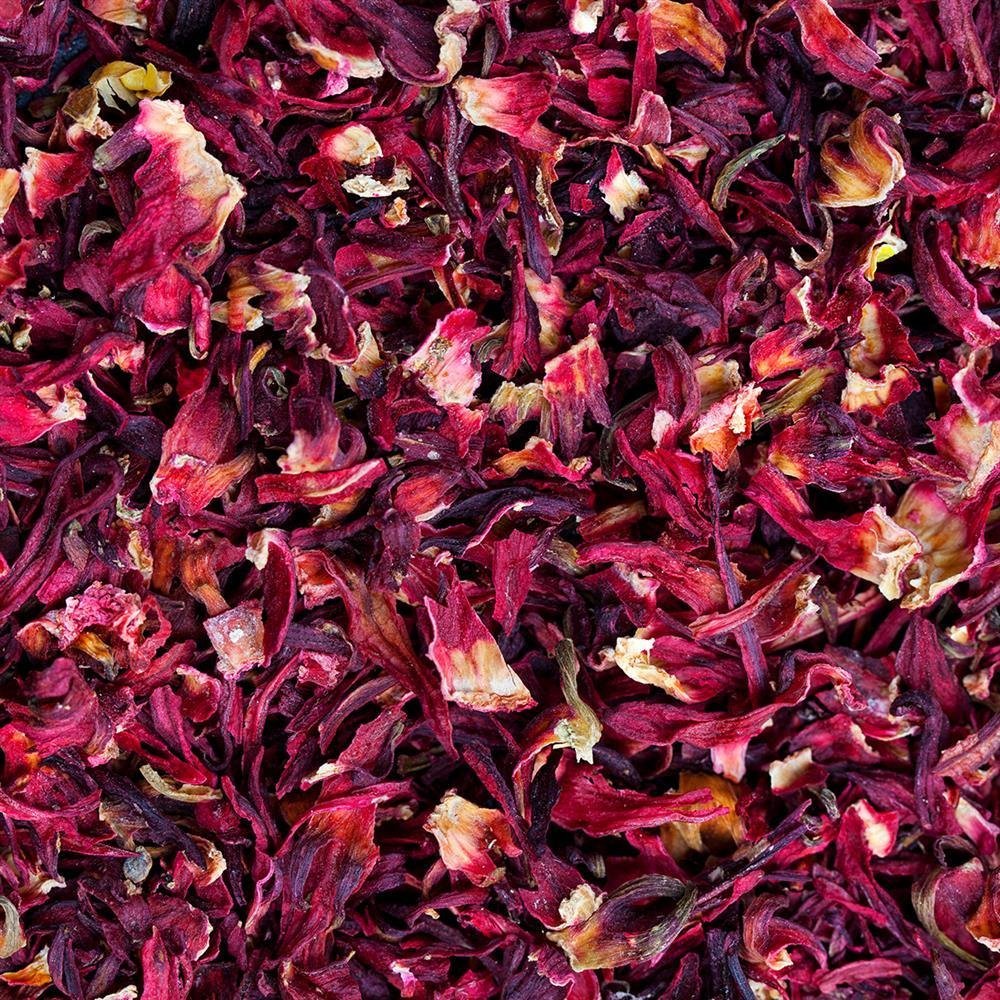Hibiscus, with its vibrant flowers and diverse uses, holds significant economic potential for Nigeria. However, the journey of hibiscus farming in the country is fraught with challenges that require careful navigation and innovative solutions. From climatic conditions to market dynamics, farmers encounter various obstacles along the way. In this blog post, we delve into the intricacies of hibiscus farming in Nigeria, exploring the challenges faced by farmers and potential strategies for overcoming them.
Understanding the Significance of Hibiscus Farming:
Hibiscus, scientifically known as Hibiscus sabdariffa, is a versatile crop with widespread applications. In Nigeria, it is primarily cultivated for its calyxes, which are used in the production of beverages, herbal teas, jams, and jellies. Additionally, hibiscus has medicinal properties and is valued for its role in traditional medicine and health supplements.
The Challenges of Hibiscus Farming in Nigeria:
- Climatic Conditions: One of the primary challenges facing hibiscus farmers in Nigeria is the variability in climatic conditions. Hibiscus cultivation requires specific temperature and rainfall patterns for optimal growth. Inconsistent rainfall, prolonged droughts, and extreme temperatures can adversely affect crop yield and quality.
- Pests and Diseases: Like any agricultural crop, hibiscus is susceptible to a range of pests and diseases. Common pests include aphids, whiteflies, and mites, while diseases such as anthracnose and powdery mildew can cause significant damage to plants. Controlling these pests and diseases requires vigilant monitoring and the use of appropriate pest management strategies.
- Poor Seed Quality: Access to high-quality seeds is crucial for successful hibiscus cultivation. However, many farmers in Nigeria face challenges in sourcing certified seeds with guaranteed germination rates and genetic purity. Poor seed quality can result in uneven germination, low productivity, and increased susceptibility to pests and diseases.
- Market Dynamics: The market for hibiscus products in Nigeria is influenced by various factors, including fluctuating demand, pricing dynamics, and competition from imported products. Additionally, issues related to market access, transportation, and storage infrastructure can pose challenges for farmers, particularly those operating in remote rural areas.
- Limited Technical Knowledge: Effective hibiscus farming requires sound agronomic practices and technical know-how. However, many smallholder farmers in Nigeria lack access to training, extension services, and information resources. This limited technical knowledge can hinder productivity and profitability, as farmers may struggle to implement best practices in areas such as soil fertility management, irrigation, and crop protection.

Potential Strategies for Overcoming Challenges:
- Climate-Smart Farming Practices: Adopting climate-smart farming practices can help mitigate the impact of climate variability on hibiscus cultivation. This includes techniques such as mulching, water harvesting, and agroforestry, which improve soil moisture retention and resilience to drought.
- Integrated Pest Management (IPM): Implementing IPM strategies reduces reliance on chemical pesticides and promotes natural pest control methods such as biological control agents and cultural practices. Training programs and extension services can educate farmers on IPM techniques tailored to the specific pests and diseases affecting hibiscus crops.
- Seed Quality Assurance: Strengthening seed certification systems and promoting the production and distribution of high-quality hibiscus seeds can improve germination rates, crop uniformity, and overall productivity. Collaboration between seed companies, research institutions, and agricultural extension services is essential to ensure farmers have access to reliable seed sources.
- Value Addition and Market Diversification: Adding value to hibiscus products through processing and packaging can increase their marketability and profitability. Farmers can explore opportunities to produce dried hibiscus flowers, extracts, and value-added products such as teas and health supplements. Additionally, diversifying into niche markets such as organic and fair-trade products can help farmers differentiate themselves and access premium prices.
- Capacity Building and Knowledge Transfer: Investing in farmer education and extension services is crucial for building technical capacity and empowering farmers with the skills and knowledge needed for successful hibiscus farming. Training programs, field demonstrations, and farmer field schools can provide hands-on learning experiences and foster peer-to-peer knowledge exchange within farming communities.
Conclusion:
Hibiscus farming holds immense potential for contributing to Nigeria’s agricultural development and economic growth. However, realizing this potential requires addressing the myriad challenges faced by farmers, from climate variability and pest infestations to market dynamics and limited technical knowledge. By embracing climate-smart practices, enhancing seed quality assurance, diversifying markets, and investing in farmer education, stakeholders can work together to overcome these challenges and create a more sustainable and resilient hibiscus farming sector in Nigeria. Through collaboration and innovation, the journey of nurturing hibiscus can yield fruitful rewards for farmers and communities across the country.
Ajigofarms is a reliable global agricultural purchase sourcing with profound expertise in the manufacturing, and exportation of food crops. We are tested, and trusted suppliers of all kinds of cash crops and food crops. Our constant supply chain solution makes exporting easy, quick, and safe, we are identified with timeliness and meeting up with deadlines. Regardless of the region you are located in worldwide, you can reliably order your Agric products and be rest assured of successful delivery.




